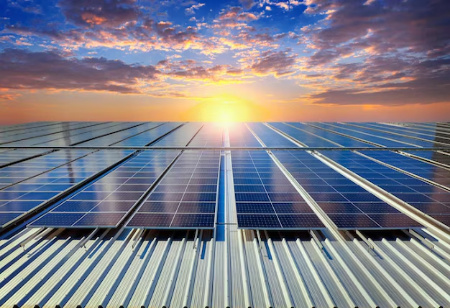
In a significant industry move, the government has mandated that all future solar system project include energy storage systems, aiming to enhance renewable energy adoption and grid stability. As per the latest advisory from the Central Electricity Authority (CEA), renewable energy agencies and state utilities must incorporate a minimum of two hours of co-located energy storage capacity equivalent to 10% of the installed capacity in all upcoming solar project tenders.
This strategic decision is expected to address intermittency challenges in solar power while ensuring critical support during peak demand hours. Additionally, distribution companies have been instructed to mandate two hours of storage for rooftop solar power plants, further strengthening the push for energy storage integration.
According to the notification, "This move is to accelerate the development of energy storage capacities in the country, thereby ensuring that the surplus solar generated during the day is stored for consumption during the non-solar hours. This will enable a scale up in storage capacities and also ensure grid stability," said Vikram V, Vice President & Co-Group Head, ICRA.
The government's annual bidding trajectory of 50 GW is managed by designated agencies, including the Solar Energy Corporation of India (SECI), NTPC, and NHPC. These agencies have been directed to include compliance mechanisms within tenders to guarantee energy storage availability during non-solar hours. With this policy, an estimated 14 GW/28 GWh of storage-backed solar projects can be deployed by 2030, aligning with India's ambitious goal of achieving 500 GW of renewable energy by the same year.
We use cookies to ensure you get the best experience on our website. Read more...